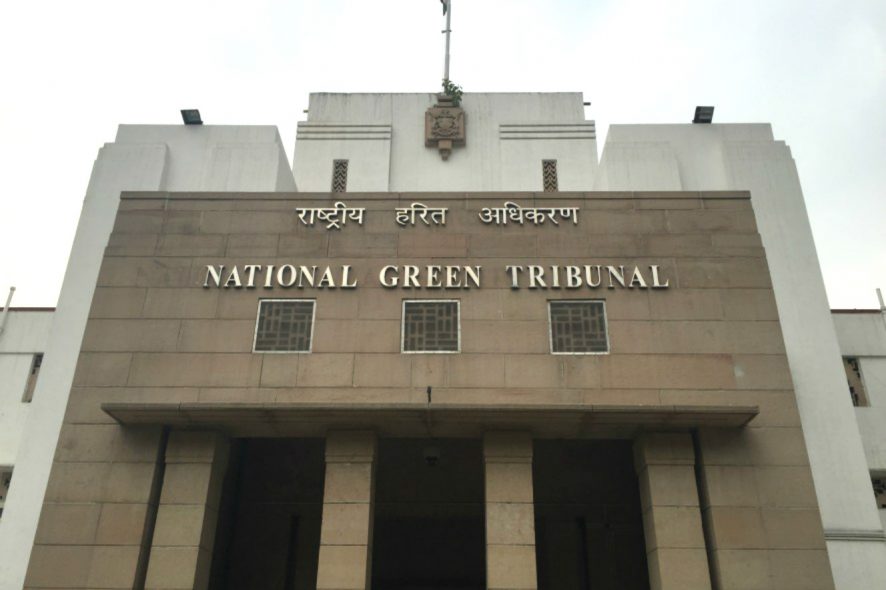National Green Tribunal (NGT): The Coram comprising of Justice Adarsh Kumar Goel (Chairperson) and S.P. Wangdi (Judicial Member), Justice K Ramakrishnan (Judicial Member) and Dr Nagin Nanda (Expert Member) while addressed an original application in respect to the problem of contamination of groundwater and availability of clean drinking water.
The present application has been filed with a major concern of the contamination of groundwater due to arsenic and availability of clean drinking water in certain districts of Uttar Pradesh and other similarly affected areas in the country including in Assam, Bihar, Jharkhand, Karnataka, Punjab and West Bengal is the issue for consideration.
After considering the matter for more than three years, tribunal undertook an extensive review on the subject and noted the gravity of situation shown by high arsenic content leading to serious diseases and environmental damage in several districts of Uttar Pradesh.
Team of Ministry of Environment, Forest and Climate Change (MoEF&CC) found a number of deaths from the diseases on account of the problem. Ministry of Drinking Water and Sanitation also took cognizance and identified mitigation measures. Ministry of Agriculture also identified certain steps to be taken. The matter was further discussed in Parliament as well and a report for the same was submitted.
Tribunal noted that the matter was highlighted in news item in Hindustan Times under the heading “Arsenic contamination on the rise: 1 lakh dead, 3 lakh suffering”. After the said, a joint inspection report was filed before the tribunal by the Central Pollution Control Board, MoEF&CC, CWGA and Uttar Pradesh Pollution Control Board to the effect that Arsenic Removal Units were not working properly. Tribunal directed dismantling of hand pumps with concentration of Arsenic beyond permissible limits.
The tribunal noted that the subject of regulation and control of groundwater management have been held to be covered by Entry 13 of List I as these subjects covered by international treaties.
Having regard to the fact that more than 1 Crore population of the country is affected by the Arsenic contaminated water which is carcinogenic, issue of making available potable drinking water to the said population is an inalienable constitutional duty for which the Central Government, as well as the States, have to make all possible efforts.
“Arsenic is one of major public health concern identified by WHO. Under the new 2030 Agenda for Sustainable Development, the indicator of “safely managed drinking water services” calls for tracking the population accessing drinking water which is free of faecal contamination and priority chemical contaminants, including arsenic.”
Further, the bench stated that the existing plan of action needs to be relooked as it has quite relaxed timelines and the strategies needs to redrawn by a suitable mechanism because of urgency in the matter. This needs to be monitored by Central Government on war footing to enforce Fundamental Right to access potable drinking water which is part of ‘Right to Life’ under the Constitution of India. [Sunita Pandey v. Union of India, 2019 SCC OnLine NGT 277, decided on 11-09-2019]






